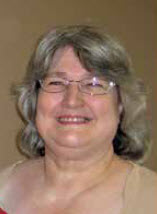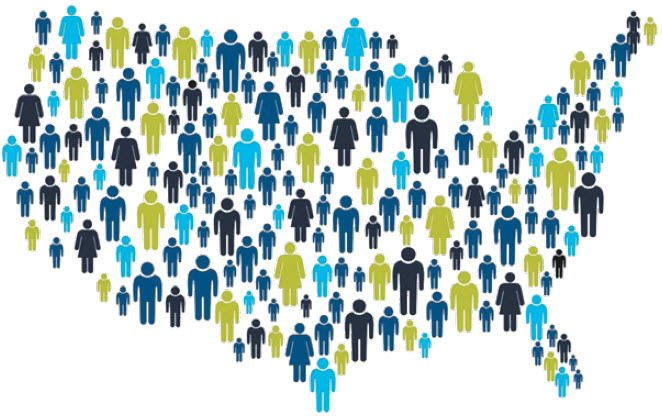The Census Is Coming
 By: Wanda Campbell
By: Wanda Campbell
Our Constitution of the United States (Article 1, Section 2, Paragraph 3) states that representatives and direct taxes shall be apportioned among the states that are included in our Union according to their numbers. The actual counting of the citizens is done every 10 years by the Census Bureau. The 2020 Census will be the 24th counting of our citizens. Although National Census Day is April 1, you may be seeing a census worker in your neighborhood counting houses and verifying addresses.
This is the way it works.
I worked with the 2010 Census in Columbus, Georgia. On April 1 (or shortly after), you will get your forms in the mail. Some will get a short form asking who lives in the house. The basic form has only nine questions. Some others will get the form that askes a lot of questions. Some people will not get a form – they will be visited by a census worker who will complete the form with them. You will know they are a census worker because they have an identifying badge and briefcase. Whichever form you get will only take about 5-30 minutes to complete. It is well worth the time it takes to do it.

When you fill out your form and return it in the pre-paid envelope, you are done. If you do not fill out the form, a census worker will come to your house to help you fill out the form. The information is so very important.
Why fill out the form?
The counted households provide the basis for reapportioning congressional seats, redistricting, and distributing more than $675 billion in federal funds annually to support states’, counties’, and communities’ vital programs. It impacts housing, education, transportation, employment, health care, and public policy.
What’s happening at CLL?
Lunch and Learn is back
On Wednesday, January 22, we will begin a series for the authors in the community. Publish Your Book will focus on how to get your future book published. Successfully publishing a book requires a professional approach to the marketplace, with the ability to identify how and where your project fits into the evolving publishing landscape. This series covers the most critical steps for getting a novel or nonfiction work in front of a general audience. It also offers an in-depth understanding of how the industry works after you have a book deal, including how to effectively market and promote your work before and after it releases. Class is scheduled on Wednesdays from 11:30 a.m. to 12:30 p.m., January 22 to March 11. The fee is $35. Bring your lunch and join the discussion.

On Thursday, January 23, we will continue the Great Debate: Advocates and Opponents of the American Constitution class. Class is scheduled from 11:30 a.m. to 12:30 p.m., on Thursdays from January 23 to February 13. This section will discuss Classical Republicanism, The Argument over National Security, and the Supreme Court and Judicial Review. This class is FREE! Bring your lunch and join the discussion.
On Thursday, January 30, we will host the first class in the CyberSecurity Series. At 11:30 a.m., Dr. Agrawal will begin with Who’s Watching You: Being Safe and Secure in Your Own Home. The topics include “Is your computer safe?”; “What should you connect to your home network”; and “How to identify Phishing Emails.” This class is FREE! Bring your lunch and join the discussion.
For more information about all of our classes, check out the website at www.athens.edu/CLL or call 256-233-8260.
By: Wanda Campbell
Center for Lifelong Learning – 121 South Marion Street, Athens, AL 35611 – 256-233-8262